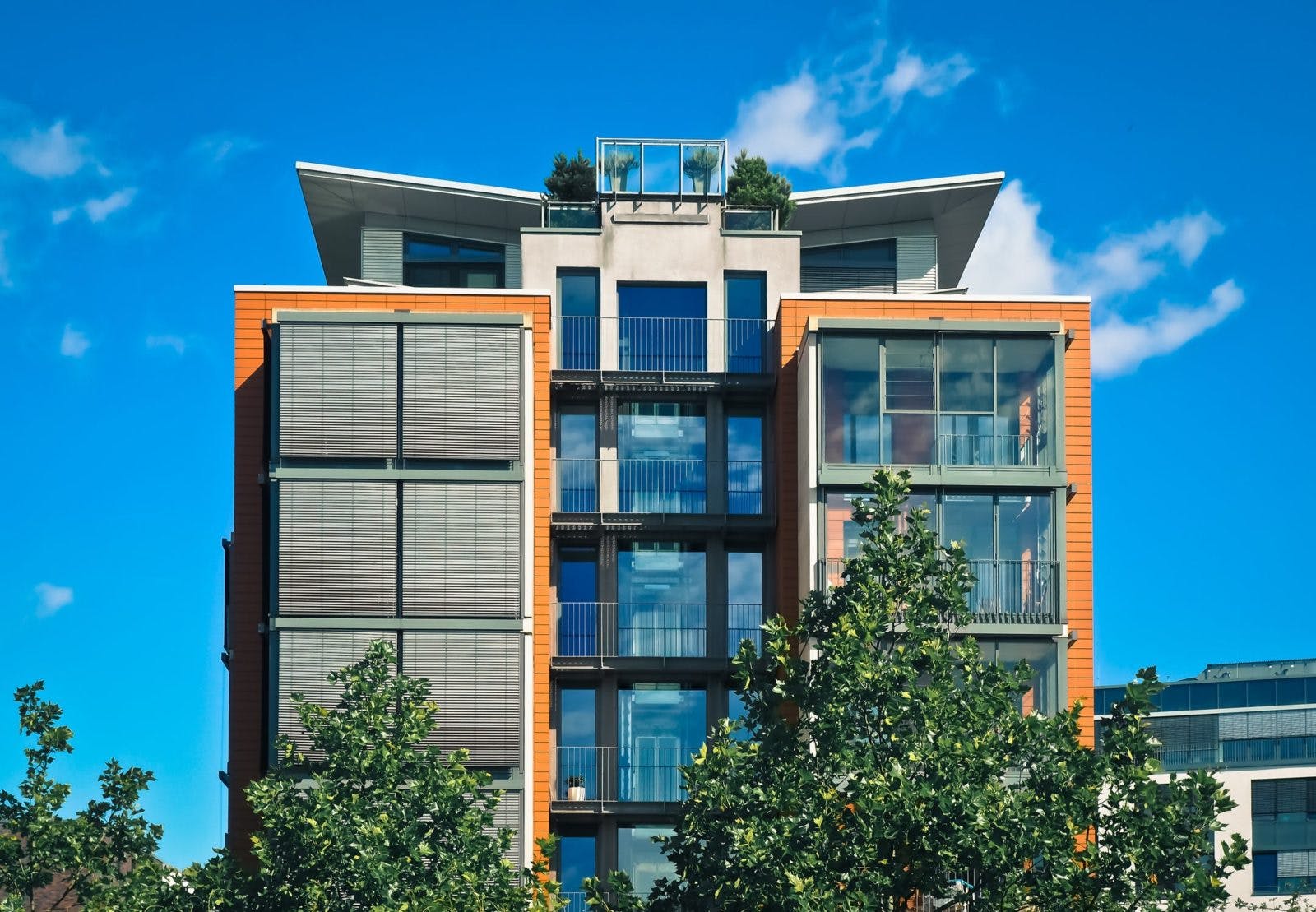You have probably heard about two new taxes related to real estate transactions in the province of British Columbia. In order to give you a general understanding and to highlight some key issues that may affect prospective home buyers, I will devote this blog and my next one to these new taxes announced in the B.C. provincial budget this past February. In this blog I focus on the new Speculation Tax. In my next blog in early April, I will discuss the province’s Additional Property Tax Transfer.
New Speculation Tax
The British Columbia government announced in its 2018 Budget in February that it would introduce what is called a Speculation Tax which will affect some home owners and prospective home buyers. At this time, the government has not released all the details of this new tax, but in the blog I will outline the general features of the proposed legislation as there are many questions owing to a lot media attention on the topic.
The first thing I want to draw to the attention of my readers is that the majority of homeowners in B.C. will be exempt from the tax, which will apply initially in Metro Vancouver, the Fraser Valley, the Capital Regional District, the Nanaimo Regional District, and in the municipalities of Kelowna and West Kelowna. Home owners will receive first tax notice in the fall of 2018.
The government has said it will be effective for the 2018 tax year, and that it will target foreign and domestic persons who are speculating with their purchases of residential properties in the province. The tax rate for 2018 will be $5.00 per $1,000 of the assessed property value. In 2019, the rate will increase to $20.00 per $1,000 of assessed value. The government’s early information on what this means is not highly detailed yet, but its intent seems quite clear. Speculators will be considered as home owners who are primarily interested in the rising value their property may acquire during a time that it is not occupied by the owner, or a least occupied very little of the time, and is not a long-term rental property. Long-term rental properties will be exempt from the tax, but short-term rentals by out of province owners will be taxed.
Without digressing from the basic facts of the new tax, I think it’s safe to assume that this tax measure is an attempt to keep speculators from driving up housing prices by buyers who wish to invest in a residence to make money primarily from its rising value and not as place to live as a principal residence. In fact, the government’s preliminary information describes some of these owners as “Satellite families – households with high worldwide income that pay little income tax in B.C.”
Tax Credit for B.C. Residents Affected by the New Tax
For B.C. residents who may be caught by the tax because they vacate their home for extended vacations, or who may wish to rent the property on a short-term basis, the provincial government is going to implement a corresponding income tax credit to help offset the tax for B.C. residents. More information on this income tax credit has been promised by the government before the tax is implemented, but it has announced that Satellite families will not be eligible for a principal residence exemption, although they will still be eligible to claim the income tax credit – to the extent that they pay tax in British Columbia.
In cases where a B.C. resident who own two homes, for example a principal resident in Vancouver and a vacation property in Kelowna, they would be able to apply for the B.C. income tax credit. In other words, the vacation property will be subject to the new tax, but the owner will be able to claim an income tax credit in such a case. The B.C. government has said that among its goals for the new tax will be to minimize the administrative compliance burden for the vast majority of home owners who will be claiming the up-front exemption. The objective is to reduce the number of notices that will need to be sent in future years.
Obviously, there are many questions that need to be answered at this time. B.C. property owners that may be subject to the tax will want to know the definitions of key terms such as short-term and long-term rentals, and other specifics of the new speculation tax. I will endeavor to provide additional information for my readers when it is available. The B.C. government has said it will issue notices by mail to advise residential property owners to a B.C. Government website that will have an electronic tax form or phone numbers with more information. Until then, you may find some information at www.gov.bc.ca/propertytaxes
Thanks for reading!
Sibo Zhang, REALTOR®


